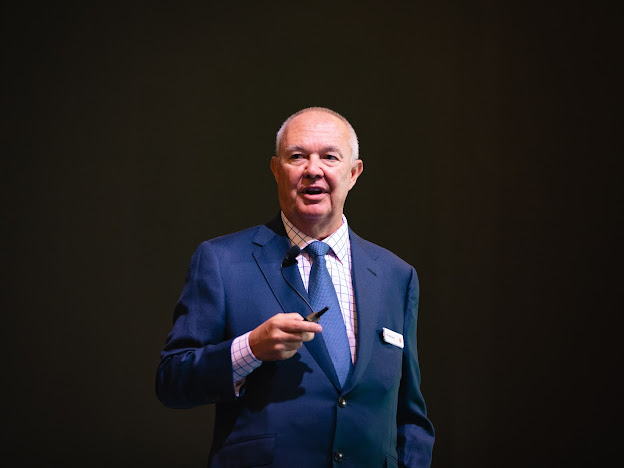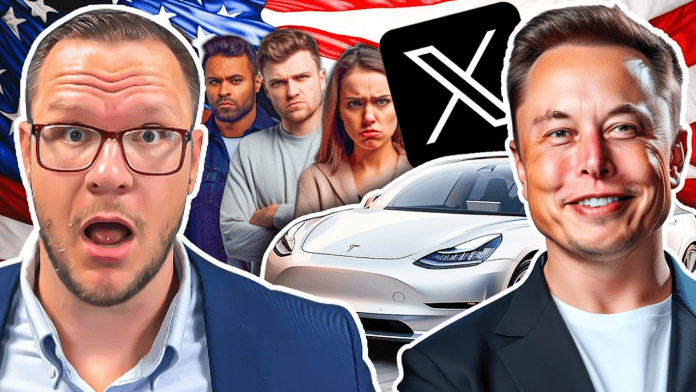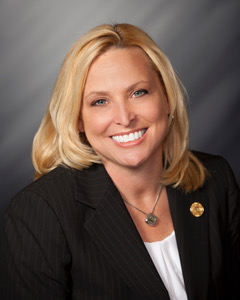The Car Market Frenzy: Fear, Virtue Signaling, and Misplaced Panic
 By Joe Wallace
By Joe Wallace
The car market in states like California is currently experiencing two strange but predictable phenomena. The first is driven by fear—specifically, fear of tariffs that have not even been enacted yet. The second is a shift in virtue signaling, with some Tesla owners looking to distance themselves from Elon Musk due to his recent ideological shifts. These two trends illustrate how financial illiteracy and political identity can shape consumer behavior in irrational ways.
The Great Tariff Panic
For months, rumors have circulated that new tariffs on imported cars could increase prices by as much as 25%. Spurred on by political rhetoric and a misunderstanding of how tariffs actually impact prices, some car buyers in California and other blue states are rushing to dealerships, eager to purchase before they believe prices will skyrocket. The problem? The tariffs are currently on hold, and even if they were implemented, the actual price increase would be closer to 5% to 7%, depending on the brand and model.
Car dealerships, being businesses that exist to maximize profit, are capitalizing on this panic by marking up prices. Essentially, consumers are voluntarily paying a markup now to avoid a tariff that may never happen or would have a much smaller effect than they fear. This herd mentality—rushing to buy based on misinformation rather than market fundamentals—reveals a widespread lack of financial literacy. If these buyers understood how tariffs work, they might instead wait, negotiate better deals, or consider alternative vehicle options.
This behavior is a textbook example of groupthink. One person hears a 25% increase in passing, tells a few others, and suddenly a large segment of the population is convinced they must act immediately. Meanwhile, dealerships are watching this frenzy unfold and strategically raising prices, further fueling the illusion that costs are about to skyrocket. Ironically, in their rush to save money, these buyers are spending more than necessary due to temporary dealer markups.
The Tesla Sell-Off: A New Kind of Virtue Signaling
While some are rushing to buy cars based on tariff fears, others are rushing to sell—specifically, their Teslas. Not long ago, Tesla was the ultimate status symbol for progressives, a sign of both environmental consciousness and technological sophistication. But times have changed. Elon Musk, once the darling of the left due to his electric vehicle revolution, has since become a controversial figure in progressive circles, due in part to his outspoken views on free speech, social issues, and his public feuds with left-leaning institutions.
Now, some former Musk fans are quietly dumping their Teslas, afraid of being associated with a company whose CEO no longer aligns with their politics. In places like Los Angeles and San Francisco, where cars often double as political statements, a growing number of Tesla owners are trading in their vehicles for electric alternatives from brands like Rivian, Lucid, or even legacy automakers like BMW and Mercedes-Benz, which have recently expanded their EV offerings.
This shift highlights the power of virtue signaling in consumer decisions. For many, the Tesla was never just about efficiency, range, or performance—it was about making a statement. Now that statement is more ambiguous, or worse, associated with someone their social circles disapprove of. Unlike the tariff panic, which is driven by financial misinformation, the Tesla sell-off is a clear case of political identity shaping market trends.
Two Sides of the Same Coin
Both of these market behaviors—rushing to buy due to tariff fears and rushing to sell due to political shifts—stem from the same fundamental issue: emotion overriding rational decision-making. Whether it’s fear of price hikes or fear of being socially ostracized, these consumers are making choices based on perception rather than reality.
Ironically, some of the same people who once ridiculed rural Americans for panic-buying guns or stockpiling gas during perceived crises are now panic-buying cars over tariffs that haven’t even been enacted. Likewise, those who mocked conservatives for boycotting brands over political statements are now doing the exact same thing with Tesla. It turns out that reactionary behavior isn’t confined to one side of the political spectrum.
The Smart Play
For those looking to make rational decisions in this unpredictable market, the key is simple: take a step back. On the tariff front, the reality is that waiting a few months is unlikely to make a significant difference in car prices. In fact, given the usual cycle of model-year discounts and dealership incentives, prices may actually come down. On the Tesla front, those ditching their cars for purely ideological reasons may find themselves selling at a loss, only to buy a less efficient, less technologically advanced EV just to satisfy a social trend.
The car market has always been a mix of practical decision-making and status-driven purchasing, but the current climate takes it to a new level. Whether it’s the fear-driven rush to buy or the ideological urge to sell, consumers would be wise to pause, do their own research, and avoid getting swept up in the latest manufactured panic.





